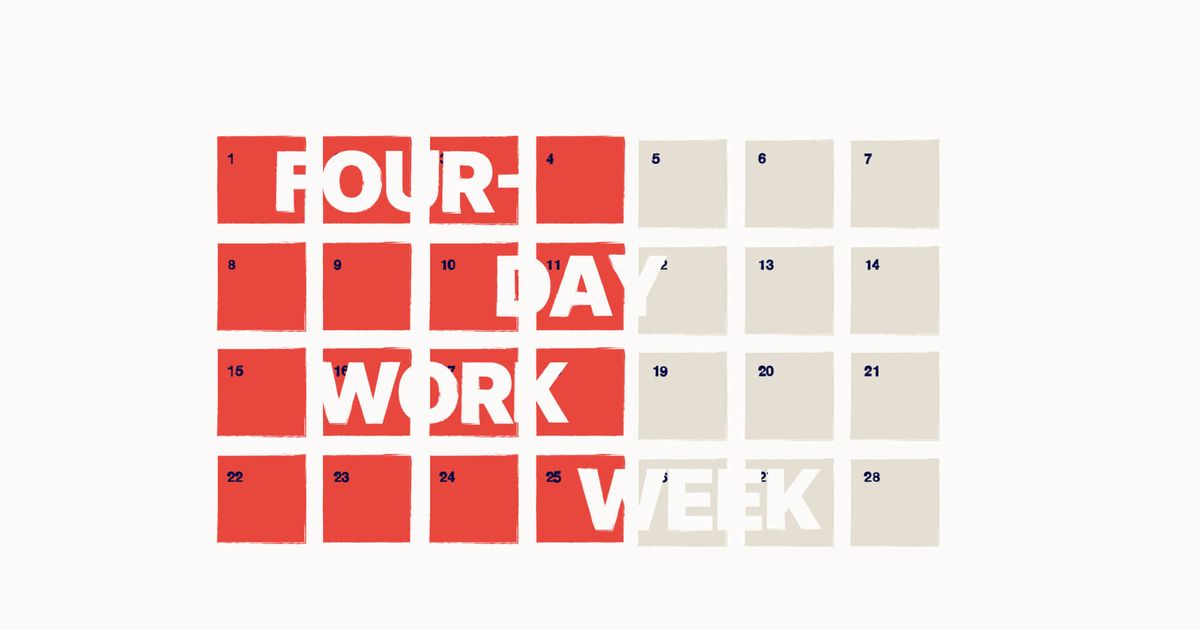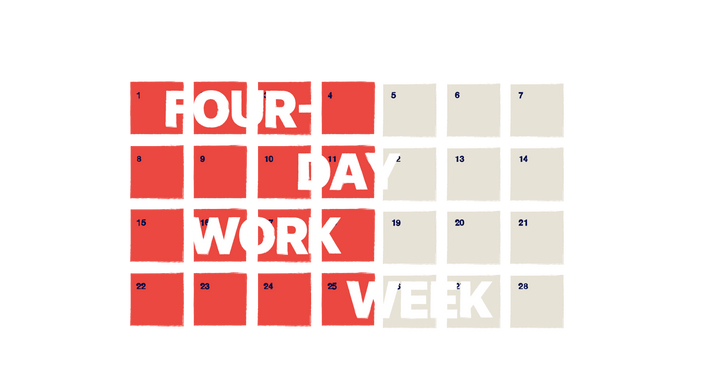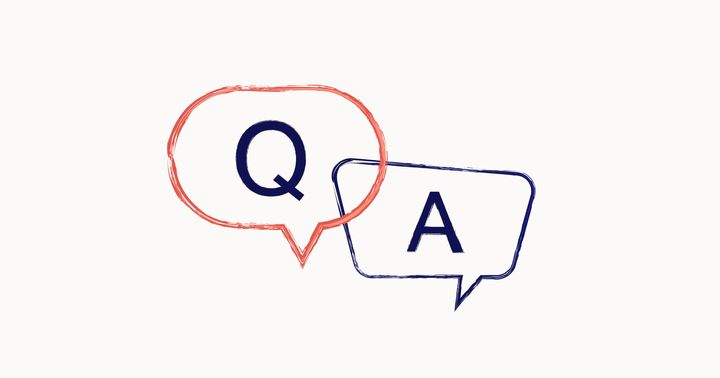Our Four-Day Workweek Experiment

The topic of a four-day workweek inevitably raises the same questions every time it comes around. How does a four-day week work? Does it really work? By working less days do you work more hours?
Conscious Culture decided to get to the bottom of these questions by speaking to a Conscious Company who had implemented a four-day workweek.
Bolt conducted a four-day workweek experiment in 2021, and announced early in 2022 that they were making the experiment permanent for their teams, which they would review on a yearly basis.
The feedback from both employees and the public was overwhelmingly positive. Employees shared how they spent their extra days through social media, and executives from Bolt were invited to speak on major news networks about the change.
In order to drill down into Bolt’s decision to implement a four-day workweek, Conscious Culture conducted a recorded panel event with three Bolt Senior Executives, and a detailed case study.
Speaking on the panel, Chief People Officer Jennifer Christie explained that for her team the main questions of four-day were: “how do we focus our employees on the things that matter most, and how do we make sure they have the permission to step away from things that don’t add value?”
In our case study we look at these questions, asking what changes Bolt made to empower their employees to focus on what mattered at work, and how they juggled reduced schedules with customer expectations of coverage.
Primarily, Bolt found that by reducing the work-week, and empowering employees to rethink their schedules, productivity actually increased and meetings were reduced.
When asked about any advice the panel would share with companies thinking about implementing a four-day workweek, Ryan Loh, General Counsel, stressed the importance of prioritizing employees. “Every company needs to have an explicit strategy to allow employees to nourish the self”, he shared.
When talking to employees during the case study research, this advice began to materialize in both how employees spoke about their experiences on a personal level, and how Bolt was thinking about four-day workweeks on a larger, employee support level. Zainab Albedawi, Senior Manager, Learning & Development, told us: “it’s a mindset shift. The traditions of how you work, and how you relax, are being challenged. We’ve got an opportunity to provide training opportunities and resources to the team focused on maximizing time and productivity.”
Ultimately, the four-day workweek is of huge benefit to Bolt as a company as they are able to support employee’s work/life balance without sacrificing company productivity or outcomes.




